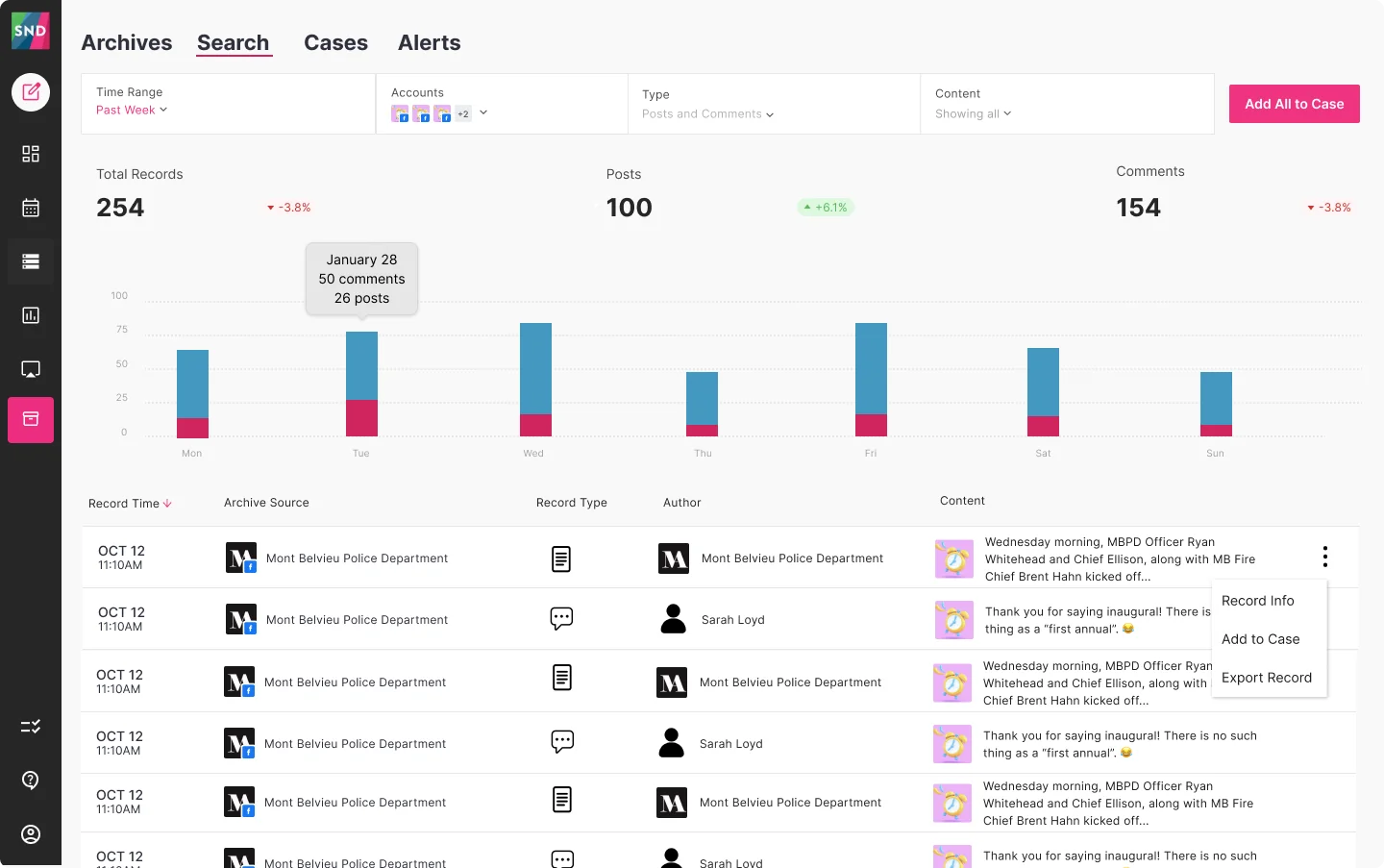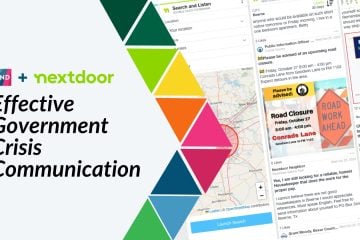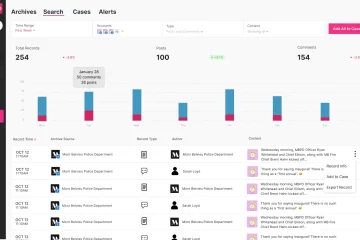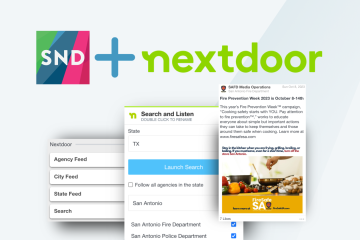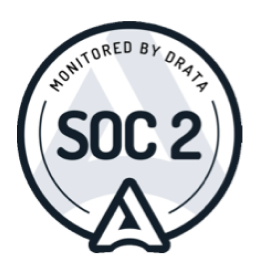Government agencies and K-12s must maintain complete and transparent records across all communication channels, including social media, email, memos, and official documents. This practice ensures you comply with the Freedom of Information Act (FOIA) regulations and state public records laws.
Without a complete social media archiving strategy, agencies and schools risk noncompliance, legal exposure, and difficulty responding to public records requests.
Why Social Media Archiving Matters for Local Government & K-12 Schools
1. Compliance with Public Record Laws
Government agencies and school districts must retain and provide access to official records, including social media content, per FOIA and various state-level open records regulations. If you don’t archive these records, it can result in legal risks, fines, and a loss of public trust.
Many states define social media posts as official records if they belong to the government or a school. That means agencies and schools must store and retrieve content upon request, even if the platform deletes, edits, or removes a post.
2. Legal Protection & Risk Mitigation
Government agencies and school districts continuously manage legal challenges, public concerns, inquiries, and misinformation risks. Archiving social media activity ensures a clear, auditable history of what was posted, when, and how it was received. This is especially crucial in cases of:
- Misinformation disputes (e.g., clarifying what was actually posted vs. what was misinterpreted)
- Public complaints or legal requests (e.g., proving the government’s or school’s stance on a particular issue)
- Deleted or edited posts (e.g., tracking how information evolved over time)
3. Crisis Management & Accountability
Social media is vital in sharing critical information during emergencies, including natural disasters, public health crises, school safety incidents, or civic disturbances.
For government agencies and K-12 schools, a robust archiving system ensures that you have an accurate record of what was shared, proof of timely responses to crises, and a historical log for post-event analysis.
What Needs to Be Archived?
A comprehensive social media archiving strategy includes:
Types of Content to Archive
- Official posts from government pages or school accounts
- Public comments and replies
- Messages and direct communications
- Edits, deletions, and post versions
- Shared media (images, videos, PDFs)
- Engagement metrics (likes, shares, reach)
- Metadata (timestamps, user IDs, platform data)
Platforms That Need Archiving
Government agencies and K-12 schools must archive content from all platforms used for official communication, including:
- Facebook (posts, comments, messages, reactions)
- X/Twitter (tweets, retweets, replies)
- Bluesky (posts, messages, comments)
- Instagram (posts, comments, messages, stories)
- LinkedIn (posts, comments, discussions)
- YouTube (videos, comments, descriptions)
- Nextdoor (community engagement, local updates)
How to Archive Social Media Content
1. Manual Archiving
Some agencies and schools attempt to archive social media content manually by taking screenshots, saving documents, or copying and pasting data into spreadsheets.
While this may work for low-volume social accounts, it presents serious risks:
- Time-consuming & prone to human error: Manual processes require significant effort and increase the likelihood of mistakes.
- No way to capture deleted or edited posts: Once content is altered or removed, there is no reliable record.
- Unstructured and hard-to-search data: Manually saved records lack organization, making retrieval difficult.
- No automated compliance tracking: Without automation, agencies and schools struggle to meet public records laws and audit requirements.
Local governments and school districts should avoid manually archiving social media posts and comments due to their inefficiency and risks.
2. Automated Archiving Solutions
Automated archiving solutions offer local governments and K-12 schools a reliable and efficient way to ensure social media compliance. These systems continuously capture, store, and organize content in a structured manner, eliminating the risks associated with manual archiving.
Key features of automated solutions include:
- Real-Time Capture: Automatically archives posts, comments, messages, and media as soon as they are published.
- Comprehensive Metadata Storage: Stores timestamps, user IDs, and engagement metrics to provide a complete record.
- Deletion & Edit Tracking: Ensures that even modified or removed content remains in the archive.
- Advanced Search & Retrieval: Enables quick access to specific records for compliance audits and public records requests.
- Secure Cloud or On-Premise Storage: Provides scalable options to meet government and school security requirements.
SND Archive integrates these capabilities into a user-friendly platform, allowing local governments to stay compliant while reducing administrative workload. Archiving is a user-friendly premium solution for the government, public safety, and education sectors to retain your social media records for your peace of mind.
3. API-Based Archiving
If you’re looking for additional ways to automate data collection, API-based integrations provide effective solutions for archiving social media content.
- API-Based Archiving provides real-time integration with social platforms to capture all interactions, ensuring accuracy and completeness.
Social News Desk’s API-based integrations ensure seamless and reliable archiving for government and K-12 institutions, helping agencies maintain full control over their social media records while meeting compliance requirements using our Autopilot feature.
Best Practices for Local Government & K-12 Social Media Archiving
1. Follow Federal & State Guidelines
For Government Agencies:
Government agencies must comply with public records laws, including NARA Bulletin 2014-02 and state-level FOIA laws. Adhering to these guidelines ensures transparency, protects agencies from legal challenges, and helps maintain public trust.
For K-12 Schools:
Schools must also comply with open records laws, especially when using social media to communicate with parents, students, and the broader community. Compliance helps districts address student safety, data privacy, and accountability concerns.
2. Establish Clear Retention Policies
For Government Agencies:
Retention policies should align with federal and state requirements, ensuring content is stored for the legally mandated duration. Records must be retained for one to seven years, depending on the jurisdiction.
For K-12 Schools:
School districts should establish clear policies on how long social media content must be archived, considering both state public records laws and school board policies. Special attention should be given to student communications and emergency updates.
3. Maintain Secure Access Controls
For Government Agencies:
To protect sensitive government data, agencies should define roles and permissions for retrieving, editing or deleting archived content. Multi-factor authentication and encryption can further secure access.
For K-12 Schools:
School districts should implement strict security measures to safeguard student and faculty data. Limiting access to authorized personnel helps ensure compliance with privacy laws like FERPA.
4. Conduct Regular Audits & Updates
For Government Agencies:
Regular audits help verify that records are complete, accessible, and compliant with evolving regulations. Agencies should establish a schedule for reviewing and updating archiving policies.
For K-12 Schools:
Schools should conduct periodic reviews of their social media archives to ensure compliance with education-specific regulations. Updating policies to address new technologies and social media trends is crucial.
5. Train Staff on Archiving Compliance
For Government Agencies:
Ongoing training ensures social media managers and public information officers understand their legal responsibilities. Training should include best practices for content management, retrieval, and compliance.
For K-12 Schools:
School administrators, teachers, and IT staff should be educated on archiving policies, focusing on legal requirements for student-related communications and crisis management.
6. Utilize Automation for Accuracy & Efficiency
For Government Agencies:
Manual archiving is inefficient and prone to errors. Automated solutions ensure real-time content capture, track edits, deletions, and provide structured, searchable records.
For K-12 Schools:
Automated archiving helps schools efficiently manage high volumes of communication. It is essential to ensure that emergency updates, parental communications, and student safety alerts are archived accurately.
7. Prepare for Public Records Requests
For Government Agencies:
Governments must be able to respond quickly to FOIA and public records requests. Searchable databases and well-organized archives make retrieving specific posts, comments, and messages easier.
For K-12 Schools:
Schools should be prepared to handle information requests from parents, community members, and the media. A well-maintained archive ensures transparency and legal compliance.
Building a Smarter Social Media Archiving Strategy
A strong social media archiving strategy complies with local governments and school districts, protects them from legal risks, and enhances public transparency.
Agencies and schools should implement automated solutions, structured data retention, and clear policies to comply with public record laws and operate with accountability.
Ready to take control of your social media archiving with Social News Desk?
Start archiving smarter today with Social News Desk, the only social media archiving solution purpose-built for government agencies and K-12 schools.
Our automated solutions are designed specifically for government agencies and K-12 schools, ensuring compliance, saving time, and simplifying records management.
Join thousands of agencies and school districts that trust Social News Desk to automate compliance, save time, and ensure transparency. Book a personalized demo now and see the difference.
